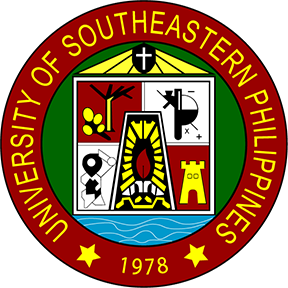A basic engineering science course of mechanics dealing with rigid bodies those are at rest or in motion. It is designed to provide fundamental concepts about forces, moments and couples and their systems. The concept of resultants and equilibrium of forces and moments is utilized to enable solution of statically determinate problems. The course also covers the following topics; Kinetics and kinematics of a particle; kinetics and kinematics of rigid bodies; work energy method; and impulse and momentum.
The course deals with use and operation of machines such as lathes, shapers, planer, drilling and boring machines, milling machines, machine tools and accessories. It covers technological advances in metal working and new innovations in machine shop.
This course introduces different methods of data collection and the suitability of using a particular methods for a given situation. It includes coverage and discussion of the relationship of probability to statistics, probability distributions of random variables and their uses, linear functions of random variables within the context of their application to data analysis and inference, estimation techniques for unknown parameters, and the hypothesis testing used in making inferences from sample to population, inference for the future values of key variables under study. Finally, statistically based experimental design techniques and analysis of outcomes of experiments to address issues on sustainable development discuss with the aid of statistical software.
Differentiation and integration in solving first order, first-degree differential equations, and linear differential equations of order n; Laplace transforms in solving differential equations.
